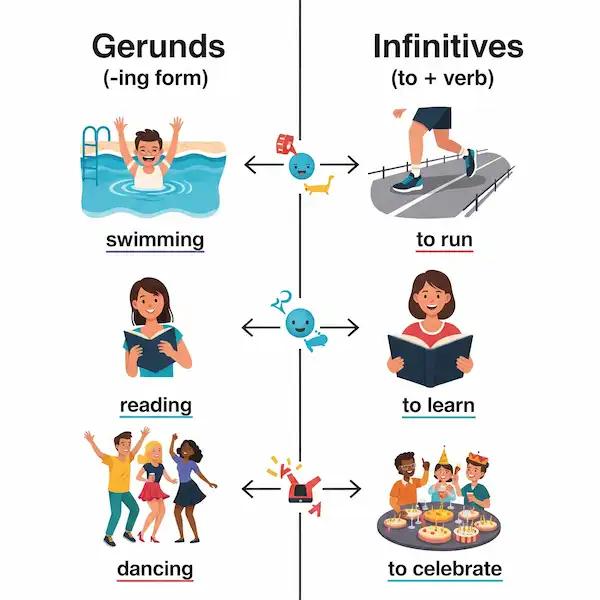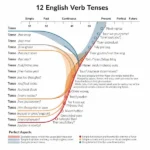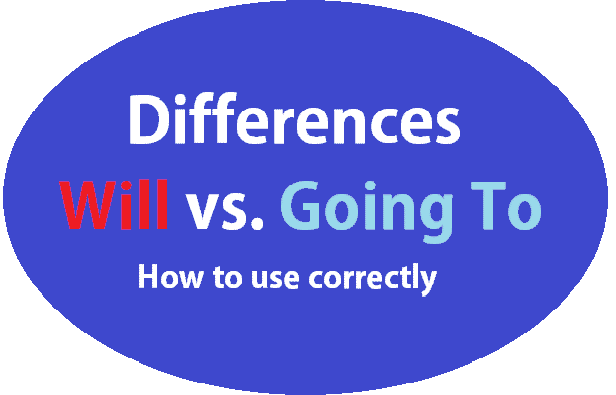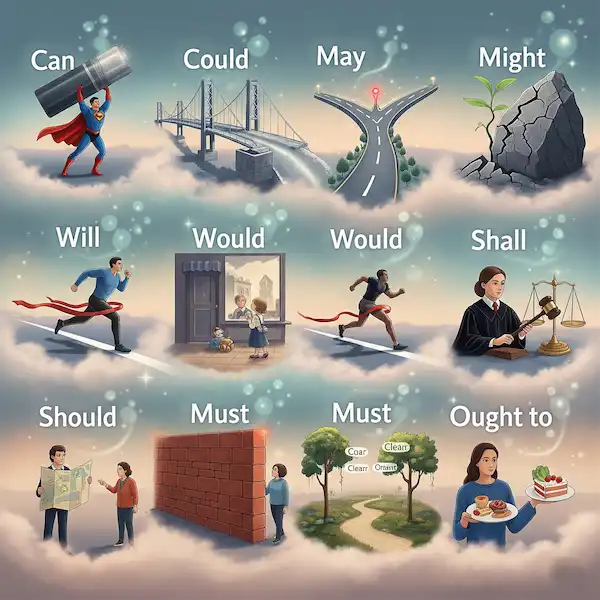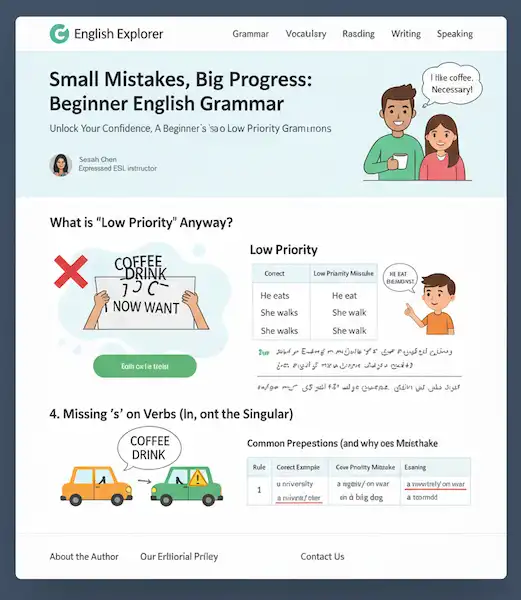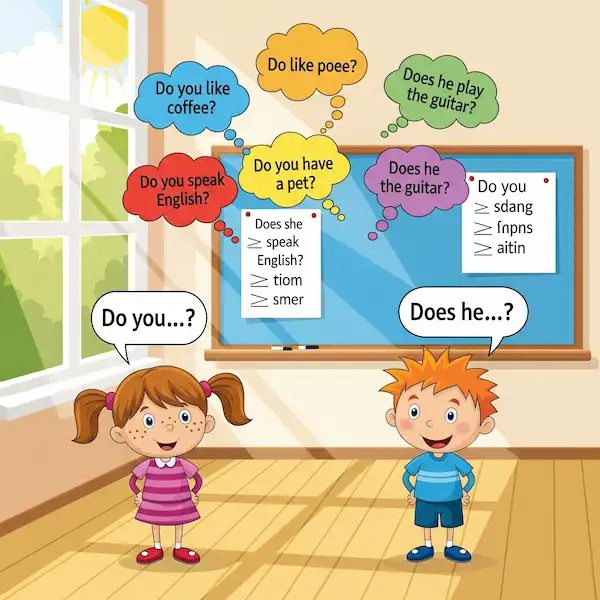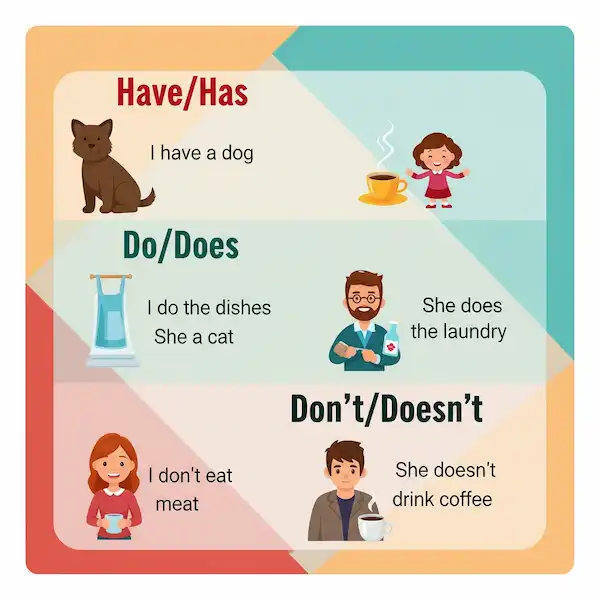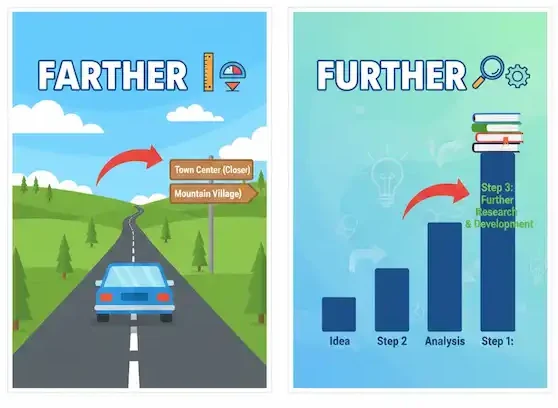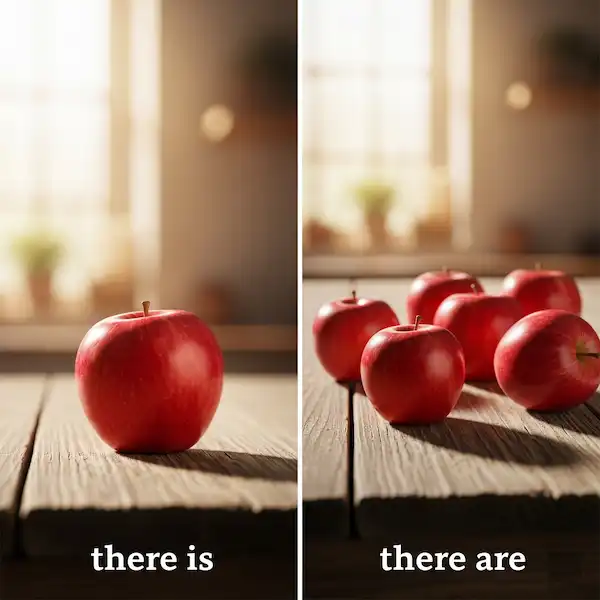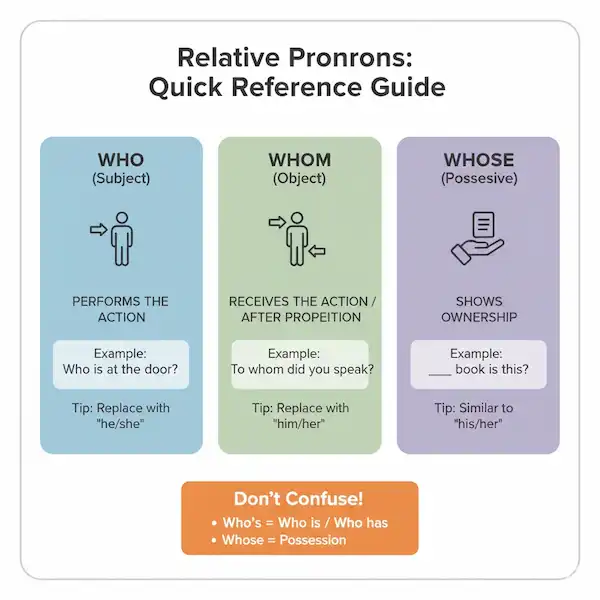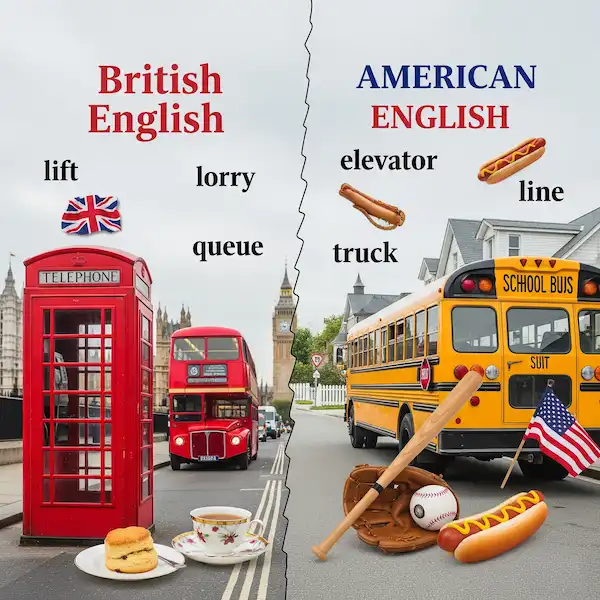Gerunds vs Infinitives: Untangling a Tricky Grammar Point 🤔
Hey there, English learners! Today, we’re tackling a grammar topic that often trips up even seasoned students: gerunds and infinitives. Don’t worry, we’ll break it down with clear explanations, helpful charts, and plenty of examples so you can use them with confidence! 💪Learn more about how to use gerunds and infinitives and what the difference is.
What are Gerunds and Infinitives?
Let’s start with the basics:
- Gerund: A gerund is a verb form ending in -ing that functions as a noun. Think of it as a verb disguised as a noun!
- Infinitive: An infinitive is the base form of a verb, usually preceded by to (to + verb). It can function as a noun, adjective, or adverb.
Key Difference: The main difference lies in their form and how they function in a sentence. A gerund acts purely as a noun, while an infinitive has more versatile roles.
How Gerunds and Infinitives Function as Nouns
Both gerunds and infinitives can act as nouns in several ways:
- Subject of a sentence:
- Gerund: Swimming is good exercise.
- Infinitive: To travel can be educational.
- Object of a verb:
- Gerund: I enjoy reading novels.
- Infinitive: She wants to learn French.
- Object of a preposition:
- Gerund: He is good at playing the guitar.
- Infinitive: The only way is to study hard. (Less common after prepositions, but possible with phrases like “no choice but to…”)
- Subject complement:
- Gerund: My favorite hobby is painting.
- Infinitive: Her ambition is to become a doctor.
The Confusion: When to Use Which? 🤯
This is where things can get tricky. Sometimes, either a gerund or an infinitive can follow a verb, but often, only one is correct or the meaning changes slightly.
Here’s a helpful (but not exhaustive) guide:
Verbs Typically Followed by a GERUND:
| Category | Examples |
| Enjoyment/Dislike | enjoy, like, dislike, hate, love, appreciate |
| Starting/Stopping | start, stop, begin, continue |
| Mental Activities | admit, consider, deny, imagine, mind, recommend, suggest |
| General Activities | avoid, finish, keep (on), practice, risk |
| Prepositional Verbs | insist on, look forward to, rely on, succeed in, think about, give up on |
| Expressions | it’s no use/good, can’t help, feel like, have trouble/difficulty, be busy |
| Examples: | I enjoy listening to music. She stopped talking. They admitted stealing the money. We are looking forward to seeing you. |
Verbs Typically Followed by an INFINITIVE:
| Category | Examples |
| Desire/Intention | want, wish, hope, would like, plan, intend, aim, desire, expect, need |
| Decisions | decide, agree, refuse, offer, promise, threaten |
| Learning/Ability | learn, know how, forget, remember, teach, manage |
| Opportunity | afford, arrange, ask, beg, choose, dare, help, invite, permit, prepare, seem, tend, wait |
| After Adjectives | happy, sad, glad, surprised, difficult, easy, important |
| Examples: | I want to travel the world. They agreed to help us. It is important to study for the exam. She seems to be tired. |
Verbs Followed by EITHER (Often with a Slight Change in Meaning):
| Verb | Gerund Meaning | Infinitive Meaning | Examples |
| Remember | recalling a past event | an obligation to do something | I remember locking the door. (past) Please remember to buy milk. (future) |
| Forget | failing to recall a past event | failing to do something | I will never forget seeing the Eiffel Tower. (past) Don’t forget to call your mother. (future) |
| Regret | feeling sorry about something already done | feeling sorry before doing something (formal) | I regret saying those harsh words. (past) We regret to inform you that your application was unsuccessful. (formal announcement) |
| Try | experiment with something | make an effort | He tried turning the key, but it didn’t work. (experiment) Please try to be quiet. (effort) |
| Stop | cease an ongoing action | interrupt an action to do something else | She stopped smoking. (ended the habit) He stopped to answer the phone. (interrupted his walk) |
| Like | general enjoyment | preference for a specific action (more conditional) | I like swimming. (general preference) I like to swim in the morning. (specific preference or routine) |
| Hate | general dislike | strong aversion to a specific action (more conditional) | He hates waiting in long lines. (general dislike) I hate to bother you, but could you help me? (specific, often polite, expression before an action) |
EAAT (English for Academic and Technical Purposes) Specifics:
In academic and technical writing, you’ll often encounter gerunds and infinitives in specific contexts:
- Gerunds are common after prepositions in formal descriptions and processes:
- “The study focuses on analyzing the data.”
- “Implementing this new technology requires careful planning.”
- Infinitives are frequently used to express purpose or potential:
- “The aim of this experiment is to determine the effect of temperature.”
- “Further research is needed to understand this phenomenon.”
Additional Helpful Content:
- Phrasal Verbs: Pay close attention to phrasal verbs (verb + preposition/adverb). The particle often determines whether a gerund or infinitive follows:
- “He gave up smoking.” (gerund after “up”)
- “They decided to go out.” (infinitive after “decided”)
- “To” as a Preposition vs. Part of an Infinitive: Remember that “to” is not always followed by an infinitive. If “to” is a preposition, it will be followed by a noun or a gerund:
- “I am used to waking up early.” (gerund after the preposition “to”)
- “I am going to the store.” (noun after the preposition “to”)
- Practice, Practice, Practice! The best way to master gerunds and infinitives is through consistent practice. Do exercises, read extensively, and pay attention to how they are used in different contexts.
Charts for Quick Reference:
Chart 1: Common Verbs + Gerund
| Enjoy | Avoid | Consider | Suggest | Finish | Keep |
| like | deny | imagine | mind | practice | risk |
Chart 2: Common Verbs + Infinitive
| Want | Decide | Hope | Learn | Offer | Need |
| Wish | Agree | Plan | Know | Promise | Expect |
| Would like | Refuse | Intend | Manage | Threaten | Aim |
Practice makes perfect
Here is a PDF worksheet you can download to practice using Gerunds and Infinitives, 25 practice sentences. The answers are on a separate sheet.
Additional Helpful Content
Study more about Will or Going To – Will or Going to – Present Continuous
External Links for Further Learning:
- British Council LearnEnglish: https://learnenglish.britishcouncil.org/grammar/english-grammar-reference/gerunds-and-infinitives
- Grammarly: https://www.grammarly.com/blog/gerunds-and-infinitives/
- Khan Academy: Search for “gerunds and infinitives” on their website: https://www.khanacademy.org/
Conclusion
Gerunds and infinitives might seem confusing at first, but with a solid understanding of their forms and the verbs they typically follow, you can significantly improve your English grammar skills. Remember to pay attention to context and practice regularly. You’ve got this! 👍
